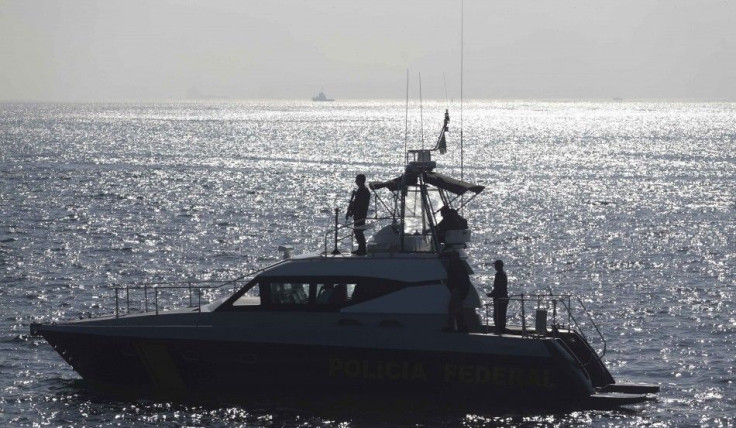World Cup & Summer Olympic Athletes Should Brace for Rio de Janeiro’s Polluted Bay

Organisers of two international sports events in Brazil are having huge headaches over the hosting of the FIFA World Cup in 2014 and the Summer Olympic Games in 2016.
Read also: FIFA Regrets Awarding 2022 World Cup Hosting to Qatar
Besides four unfinished football stadiums even if the first FIFA game is scheduled to be held in just a few weeks in mid-June, the health of athletes as well as visitors may also be placed at risk because of the high level of pollution in this South American nation.
Gizmondo cited the heavily polluted shores of the Guanabara Bay in Rio de Janeiro, which is the site for water sports. Biologist Mario Moscatelli described the bay as a "real latrine," while pediatrician Daniel Becker compared going to that beach like going to a sewage.
The Brazilian government had actually spent over a billion dollars the past two decades to clean Guanabara, but the waterway has gone from bad to worse because 80 to 100 tonnes of garbage end up in the bay daily, but only 40 per cent of sewage is treated, while the rest ends up in Rio's waters.
Around 400,000 tourists and football fans from different parts of the world would descend on Rio next month for the World Cup games, and some of them would surely end up disappointed upon seeing Guanabara.
Those who would dare take a dip are exposing themselves to health problems such as Hepatitis A, diarrhea, microbial diseases and parasites due to possible exposure to fecal matter and raw sewage.
The New York Times reported that Austrian sailor Nico Delle Karth, who is preparing for the 2016 Summer Games, considered the Guanabara Bay as the dirtiest place he has ever trained that he was wary of dipping his feet into it to launch his boat from the shore.
But despite the problems linked with delayed preparation for the games, particularly next month's World Cup, International Olympics Committee officials have rejected calls for the 2016 games to be held in London, which hosted the 2012 Summer Olympics.
In 2008, China was struggling with an algal bloom that threatened sailing in the Beijing Olympics. To address the problem, China deployed 1,000 boats, but Rio has only dozens of boats to clean the Guanabara Bay.





















